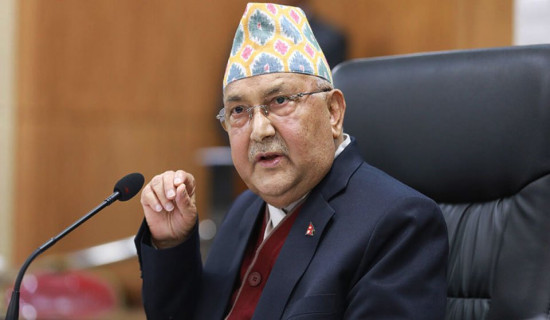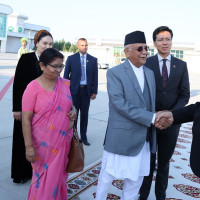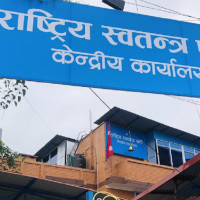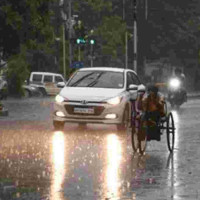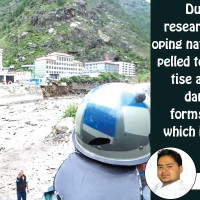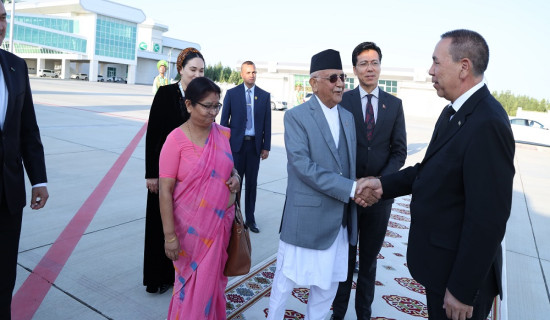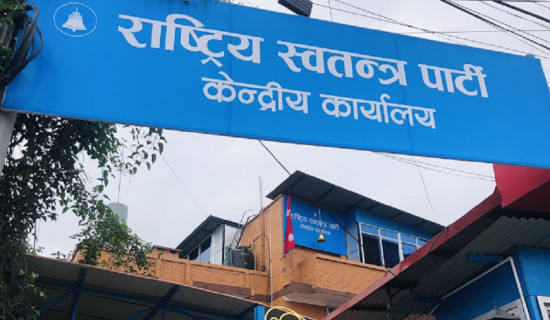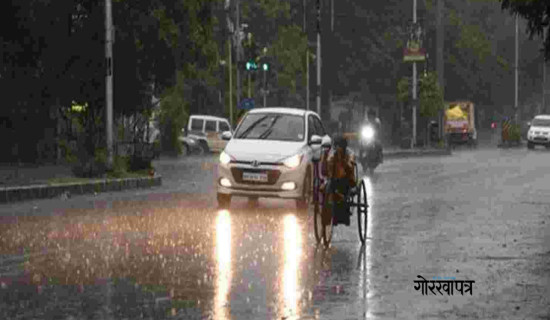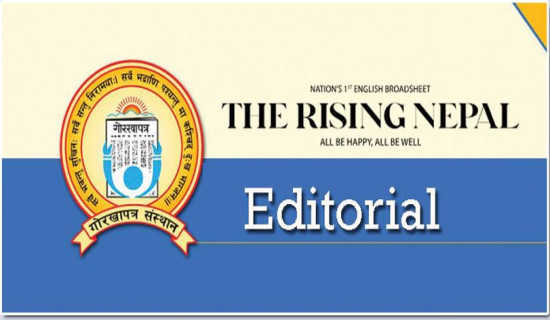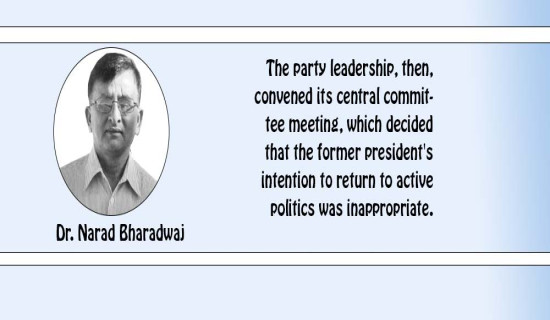- Friday, 8 August 2025
House committee passes amended School Education Bill, teachers still unhappy
By A Staff Reporter
Kathmandu, Aug. 8: The Education, Health, and Information Technology Committee of the House of Representatives has passed the amended report on the School Education Bill, incorporating key proposals on teacher promotions and institutional reforms.
However, the Nepal Teachers’ Federation has announced a fresh protest, stating the current draft fails to adequately address their concerns.
At the committee meeting held at Singha Durbar on Thursday, the subcommittee report led by Chhabilal Bishwakarma was endorsed with several amendments. The finalised provisions include a new framework for the promotion of school teachers, a revised performance evaluation standard, and conditions relating to the Federation’s involvement in school leadership roles.
Under the new provisions, teacher promotions will now be based on a combination of internal competition, seniority, performance evaluation, and efficiency evaluation. The committee also approved a reduction in the average performance evaluation requirement for teachers from 90 to 80 per cent.
Specific promotion quotas were also outlined in the proposal presented by Education Ministry Secretary Chudamani Poudel. For instance, 80 per cent of the promotions for the third class secondary level teachers will be through open competition, and 20 per cent will be through internal competition. For second and first class, a mix of internal competition and performance-based evaluations will be used.
Additionally, the committee passed a provision stating that if a teacher affiliated with the Nepal Teachers’ Federation is appointed as the headmaster, their membership will be automatically deactivated for the duration of their tenure. Such individuals will not be entitled to engage in Federation activities or receive related privileges.
A proposal was also approved, allowing two designated Federation officials to carry out institutional development and reform tasks, without a financial burden on the government.
However, they must attend their respective institutions regularly, and alternative teaching arrangements must be ensured by the government.
Despite these decisions, consensus could not be reached on the provision of housing facilities for poor and meritorious students under scholarships in private schools. Minister for Education, Science and Technology, Raghuji Pant, requested more time for further discussion.
Meanwhile, the Nepal Teachers’ Federation has expressed dissatisfaction with the bill’s progress. The Federation had previously agreed with the government to finalise the bill by the first week of August, but this deadline of August 6 was not met. Federation President Laxmi Kishore Subedi said that protests will begin in the last week of August, if the parliament fails to pass the bill, citing the lack of meaningful progress.
A national committee meeting of the Federation has been scheduled for August 19 and 20 to finalise the protest strategy. The Federation claims the current bill fails to address the longstanding concerns of the teaching community and school education reforms comprehensively.
The school education bill remains under consideration in the parliamentary committee, with key issues such as scholarships and broader educational reforms yet to be resolved.



